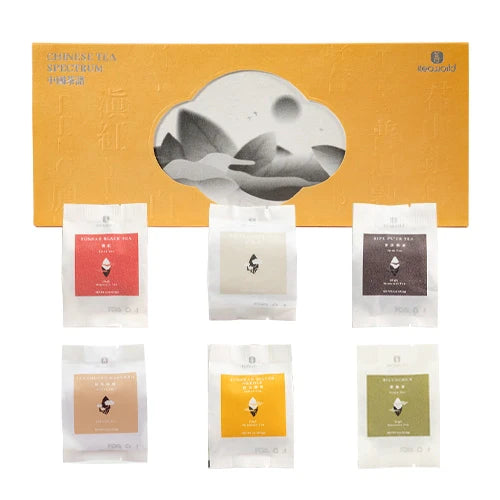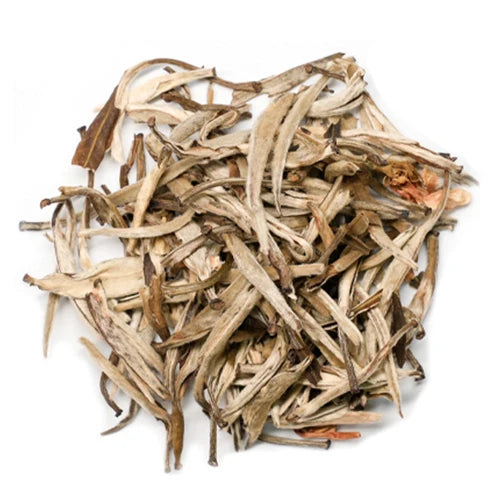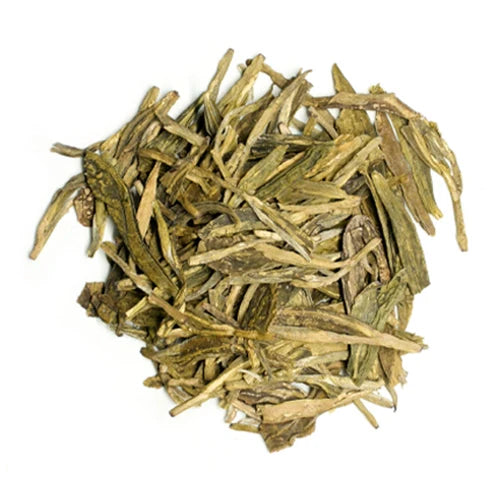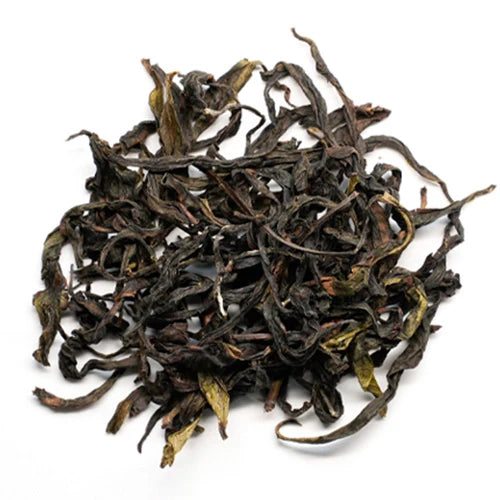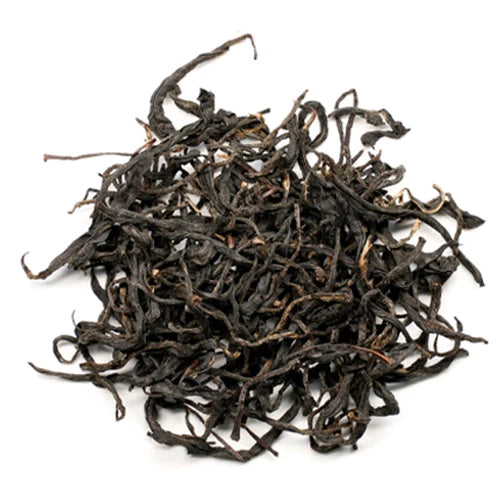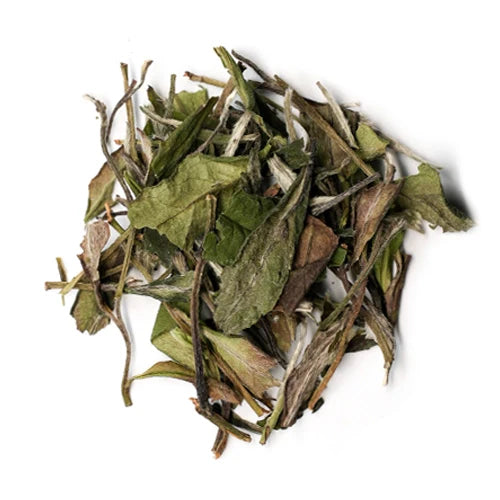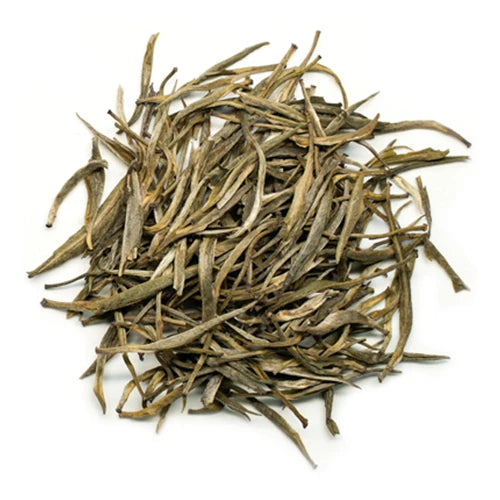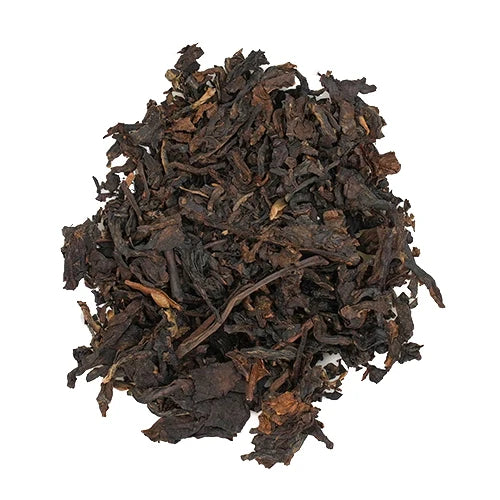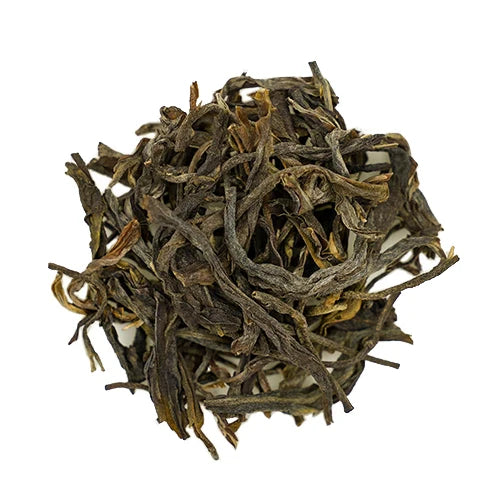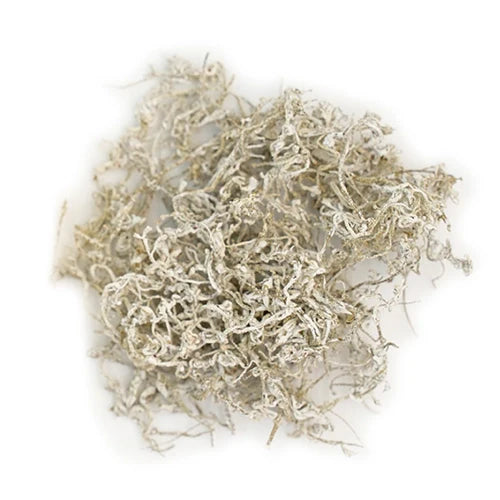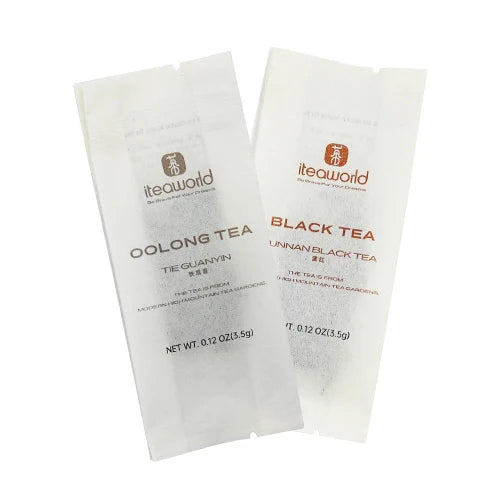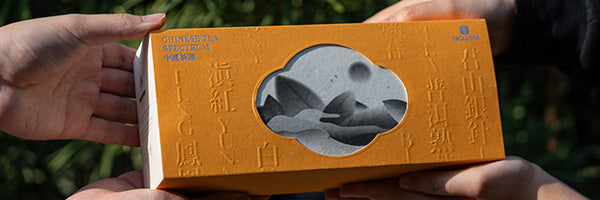Зеленый чай давно хвалят за его мощные преимущества для здоровья. Как один из самых питательных напитков природы, зеленый чай полон витаминов, минералов и антиоксидантов, которые могут снизить риск заболеваний при регулярном употреблении. Однако еще одно популярное утверждение, связанное с зеленым чаем, — это его способность ощелачивать организм и балансировать уровень pH. Действительно ли зеленый чай является щелочным напитком или это восприятие больше миф, чем факт?
Давайте подробно рассмотрим научную сторону вопроса о щелочности зеленого чая и то, что на самом деле определяет его влияние на pH .
Зеленый чай щелочной?
Уровень pH зеленого чая может варьироваться от кислого до щелочного в зависимости от приготовления, но в организме он считается ощелачивающим. Средние уровни pH в разных видах чая показывают, что зеленый чай имеет самую высокую щелочность:
●Черный чай: pH4,99-5,55
●Чай улун: pH5,9-8,2.
●Травяной чай: pH6-7
●Белый чай: pH6,9-9,7
●Зеленый чай: pH7-10
Считается, что после метаболизма его полифенолы действуют как буферы и поддерживают естественный щелочной баланс pH организма. Таким образом, хотя заваренная чашка может давать разные результаты, в целом зеленый чай действует скорее как щелочной напиток по сравнению с другими чаями на основе его собственных уровней pH. Если вы хотите узнать о зеленом чае, у нас есть пробник зеленого чая , который содержит лучший листовой зеленый чай в Китае .

Последствия для здоровья от употребления щелочных напитков
Потребление щелочных напитков, включая зеленый чай, связывают с потенциальной пользой для здоровья. Щелочные диеты, направленные на балансировку уровня pH организма, привлекли внимание своими предполагаемыми преимуществами, такими как улучшение пищеварения, улучшение здоровья костей и повышение уровня энергии. Однако важно отметить, что щелочность напитка сама по себе не может существенно повлиять на общий уровень pH организма, поскольку организм обладает эффективными механизмами для поддержания своего баланса pH.Почему щелочность важна для здоровья
Наши тела предпочитают поддерживать слегка щелочной уровень pH между 7,35 и 7,45, поскольку эта среда улучшает усвоение питательных веществ и клеточную функцию. Однако потребляемая нами пища может влиять на этот баланс и склонять чашу весов в сторону большей кислотности. Согласно некоторым исследованиям, сильно кислый pH ниже 6,8 связан с такими состояниями, как остеопороз, камни в почках и даже рак. Вот почему употребление ощелачивающих продуктов помогает противодействовать чрезмерно кислому pH, который в противном случае может поставить под угрозу здоровье.Зеленый чай содержит полифенолы, которые, как многие полагают, оказывают щелочное воздействие, нейтрализуя кислотность после обработки организмом. В Китае зеленый чай имеет важное культурное значение как часть щелочной диеты, известной своей способностью продлевать жизнь. Но является ли листовой зеленый чай действительно щелочным напитком сам по себе? Давайте копнем глубже.
Факторы, определяющие pH зеленого чая
Хотя зеленый чай в некоторой степени нейтрализует кислотность после метаболизма, pH самого чайного напитка варьируется и сильно зависит от методов приготовления. Вот некоторые ключевые факторы, которые определяют, будет ли чайная вода в конечном итоге более щелочной или кислой:
●Тип чая: Улун имеет тенденцию к более высокому pH, в то время как черный чай склоняется к более низкому. В зеленом чае матча находится на щелочном конце, в то время как другие сорта больше зависят от времени заваривания.
●Время заваривания: Короткие заваривания продолжительностью всего 1-2 минуты позволяют снизить pH до уровня ниже 6. Более продолжительные заваривания продолжительностью 5 и более минут могут повысить pH до щелочного значения выше 7.
●Температура: Горячая вода выше 175°F извлекает больше танинов и кофеина, которые подкисляют чай. Использование свежекипяченой воды, которой дали немного остыть, обеспечивает оптимальное извлечение подщелачивающих питательных веществ.
●Качество воды: Идеальный pH воды составляет 6–8,5, в то время как более жесткая вода с показателем выше 250 ppm или дистиллированная вода изменяют качество настоя и уровень pH.
●Добавки: лимон, молоко или сахар, добавленные в обычно непродолжительное время заваривания, существенно снижают значение pH зеленого чая за счет добавления щелочных соединений.
Подарите себе радость с нашей рождественской распродажей чая! >>>

Действительно ли зеленый чай нейтрализует кислотность?
В то время как самостоятельный pH зеленого чая граничит как с кислотными, так и с щелочными зависимыми переменными, его способность противодействовать пищевой кислотности и поддерживать гомеостаз в наших телах совершенно очевидна. Вот более подробный научный взгляд на то, как:1. Полифенольные соединения, такие как EGCG, являются известными антиоксидантами, которые смягчают окислительный стресс, повреждающий клетки, и его закисляющее воздействие на ткани с течением времени.
2. Согласно нескольким исследованиям метаболизма на животных и людях, эти же антиоксиданты действуют как подщелачивающие буферы, которые выводят кислоту из тканей и органов вместе с бикарбонатом после попадания в организм.
3. Аналогичным образом показано, что катехины снижают уровень pH в желудке, подавляя кислотность желудка и развитие язв, связанных с кислотным рефлюксом и другими проблемами.
4. Исследования на грызунах продемонстрировали способность зеленого чая поддерживать нормальный щелочной баланс и плотность костей при рационе с кислотообразующей составляющей по сравнению с контрольной группой, что свидетельствует о наличии ощелачивающей буферной активности.
Таким образом, хотя зеленый чай, заваренный тем или иным способом, может быть слегка кислым по сравнению с нейтральным или щелочным, его усвоение в нашем организме вызывает совершенно иное влияние — то, которое помогает гомеостазу pH против факторов, усиливающих кислотность в образе жизни и диете . Умеренное употребление зеленого чая в рамках сбалансированного плана питания — разумная стратегия, соответствующая общему поддержанию здоровья.
Глоток радости, дарите радость — рождественский чай уже здесь! >>>
Влияет ли метод заваривания на щелочность?
Помимо цифр, альтернативные способы заваривания по-разному раскрывают полезные свойства зеленого чая. Давайте рассмотрим некоторые методы:
Традиционное заваривание: Как уже отмечалось, более длительное заваривание в течение 2–5 минут при температуре 68–75 °C идеально подходит для полного извлечения щелочных соединений из зеленого чая за короткое время заваривания, в результате чего он становится более кислым без особых усилий и полностью свободно.
Холодный чай: заваривание при комнатной температуре в течение ночи усиливает вкусовые соединения без деградирующего эффекта окисления на полифенолы, балансирующие pH. Он предлагает удобство, идеально подходящее для обмена качественными листовыми чаями с подарками.
Японский холодный чай: заваренный в охлажденном виде на ночь, а затем охлажденный, этот освежающий напиток сохраняет антиоксидантное воздействие в приятном бодрящем напитке, который комфортно увлажняет. Его более низкий pH компенсируется улучшенным усвоением!
Чай, приготовленный в микроволновой печи: К сожалению, при нагревании воды в микроволновой печи из листового чая высвобождается меньше веществ, усиливающих вкус, и снижается содержание подщелачивающих полифенолов по сравнению с нагреванием в традиционном чайнике.
Таким образом, хотя предпочтительные температуры заваривания различаются, именно продолжительность заваривания в сочетании с правильным контактом с листьями лучше всего раскрывает истинные полезные свойства зеленого чая, а не подрывает их.

Нужна ли щелочная вода при употреблении зеленого чая?
Поскольку зеленый чай естественным образом повышает щелочность организма до нейтрального уровня благодаря своим полифенолам, его достаточно пить с обычной водой. Однако некоторые энтузиасты экспериментируют, сочетая его с водой с высоким pH щелочной в надежде усилить преимущества.Сторонники щелочной воды утверждают, что в умеренных количествах обогащенные минералы буферизуют избыточную кислотность желудка и усиливают усвоение питательных веществ вместе с зеленым чаем для улучшенной регуляции pH. Скептики возражают, что природная вода и так прекрасно поддерживает гомеостаз. В целом, качественная гидратация наряду со сбалансированным образом жизни, поддерживаемым преимуществами зеленого чая, кажется наиболее разумным подходом к общему здоровью и щелочности.
Согрейте сердца праздничными рождественскими подарками к чаю! >>>
Преимущества щелочности зеленого чая
Балансирует уровень pH: Щелочность зеленого чая помогает сбалансировать уровень pH в нашем организме. Когда наш организм становится слишком кислым, это может привести к различным проблемам со здоровьем, таким как воспаление, кислотный рефлюкс и даже рак. Потребление щелочных продуктов и напитков, таких как зеленый чай, может помочь поддерживать сбалансированный уровень pH и снизить риск этих проблем со здоровьем.
Противовоспалительные свойства : Щелочность зеленого чая может помочь уменьшить воспаление в организме. Хроническое воспаление связано с различными заболеваниями, такими как болезни сердца, диабет и артрит. Потребляя щелочные продукты и напитки, такие как зеленый чай, мы можем помочь уменьшить воспаление и улучшить общее состояние здоровья.
Здоровье пищеварительной системы : Щелочность зеленого чая может поддерживать здоровье пищеварительной системы. Она может помочь нейтрализовать избыток желудочной кислоты и уменьшить симптомы кислотного рефлюкса и изжоги. Кроме того, щелочность зеленого чая может способствовать здоровой среде кишечника, поддерживая рост полезных бактерий.
Детоксикация : Щелочность зеленого чая может помочь в детоксикации. Он помогает ощелачивать организм и поддерживает естественные процессы детоксикации. Зеленый чай содержит антиоксиданты, которые помогают выводить токсины и свободные радикалы из организма, способствуя общей детоксикации и очищению.
Здоровье костей : Щелочность зеленого чая может способствовать улучшению здоровья костей. Исследования показывают, что щелочная среда в организме может помочь сохранить плотность костей и снизить риск остеопороза. Щелочность зеленого чая может помочь поддерживать сбалансированный уровень pH, что важно для здоровья костей.

Укрепляет ли зеленый чай иммунную систему?
Да, зеленый чай, как было показано, укрепляет иммунную систему. Он полон антиоксидантов и полифенолов, борющихся с болезнями, включая галлат эпигаллокатехина (EGCG), который был тщательно изучен на предмет его способности снимать воспаление и повышать иммунитет.Зеленый чай полезен для нашего здоровья и иммунной системы благодаря содержанию полифенолов, в частности EGCG. Эти активные ингредиенты обладают антиоксидантными свойствами и способствуют иммунитету против чужеродных патогенов, одновременно защищая ткани и клетки организма от окислительного повреждения.
Антиоксидантные свойства зеленого чая делают его мощным средством для укрепления иммунной системы. Антиоксиданты помогают предотвращать заболевания, защищая организм от действия свободных радикалов и преждевременного старения клеток.
Чай матча, разновидность зеленого чая, особенно богат катехинами и EGCG, что делает его еще более полезным для иммунной системы.
Забота об иммунной системе имеет важное значение для общего благополучия. Зеленый чай может быть естественным и приятным способом поддержать иммунную систему, наряду со здоровым и активным образом жизни.
Поделитесь любовью и теплом с нашими подарочными чайными наборами! >>>
Вредит ли употребление зеленого чая желудку и зубам?
Употребление зеленого чая, как правило, считается безопасным и даже может принести некоторую пользу для здоровья. Однако следует помнить о нескольких вещах, касающихся его потенциального воздействия на желудок и зубы.
1.Желудок: Зеленый чай содержит кофеин, который может стимулировать выработку желудочной кислоты. Это может вызвать дискомфорт или усугубить симптомы у людей с такими заболеваниями, как кислотный рефлюкс или язва желудка. Если у вас чувствительный желудок или в анамнезе были такие заболевания, рекомендуется употреблять зеленый чай в умеренных количествах и следить за реакцией организма на него.
2. Зубы: Зеленый чай может потенциально окрасить ваши зубы, если вы пьете его часто и не соблюдаете надлежащую гигиену полости рта. Натуральные соединения в зеленом чае, такие как танины, могут способствовать изменению цвета зубов. Однако регулярная чистка зубов и уход за зубами могут помочь минимизировать этот эффект.
Важно отметить, что эти потенциальные эффекты испытывают не все, и многие люди могут наслаждаться зеленым чаем без каких-либо проблем. Если у вас есть особые опасения по поводу желудка или зубов, всегда полезно проконсультироваться с врачом или стоматологом.
Летняя распродажа чая iTeaworld | СКИДКИ до 25%
Ограниченная по времени распродажа: 23 июля - 31 августа по восточноевропейскому времениСКИДКА до 25%
Потягивайте, наслаждайтесь и экономьте этим летом! Воспользуйтесь скидкой 20% на весь сайт + скидкой 5% на летние чайные продукты (скидки применяются автоматически при оформлении заказа).
Код бесплатной доставки первого заказа: FIRSTSHIP (более $9)
Бесплатный образец дикого чая ко всем заказам!Купите пробник жасминового чая (аромат 3/5/7/9), зеленый чай с жасмином, черный чай с жасмином, черный чай с розой, чай улун Фэнхуан Даньцун, пробник чая холодного заваривания, пробник китайского зеленого чая, дикий зеленый чай, зеленый чай со старого дерева, чай улун (слегка окисленный) (обычный/премиум), дикий белый чай и чай с белым пионом, получите скидку 20%! Плюс дополнительную скидку 5% .
Подпишитесь и получите шанс выиграть ультраредкий бесплатный желтый чай!

Окутайте своих близких освежающими объятиями чая этим летом, украшенными самыми восхитительными скидками сезона! Получите скидку 20% на все чаи, а также дополнительную скидку 5% на летние чаи, в общей сложности до 25% скидки. Наслаждайтесь идеальным летом с листовым чаем!
Обратите внимание , что скидка 20% на весь сайт + скидка 5% на продукцию Summer Tea ( скидки применяются автоматически при оформлении заказа) .
Заключительные слова
Хотя уровень pH зеленого чая может варьироваться, его общая щелочность и способность противодействовать пищевой кислотности делают его ценным дополнением к сбалансированной и здоровой диете . Антиоксидантные свойства зеленого чая и его способность укреплять иммунную систему также делают его популярным выбором для тех, кто хочет улучшить свое общее самочувствие.Однако важно употреблять зеленый чай умеренно и следить за реакцией организма, особенно если у вас чувствительный желудок или вы обеспокоены появлением пятен на зубах.
В заключение, зеленый чай — это питательный и полезный напиток, которым можно наслаждаться как частью здорового образа жизни. Его потенциал балансировать уровень pH и способствовать общему здоровью делает его ценным дополнением к любой диете.







